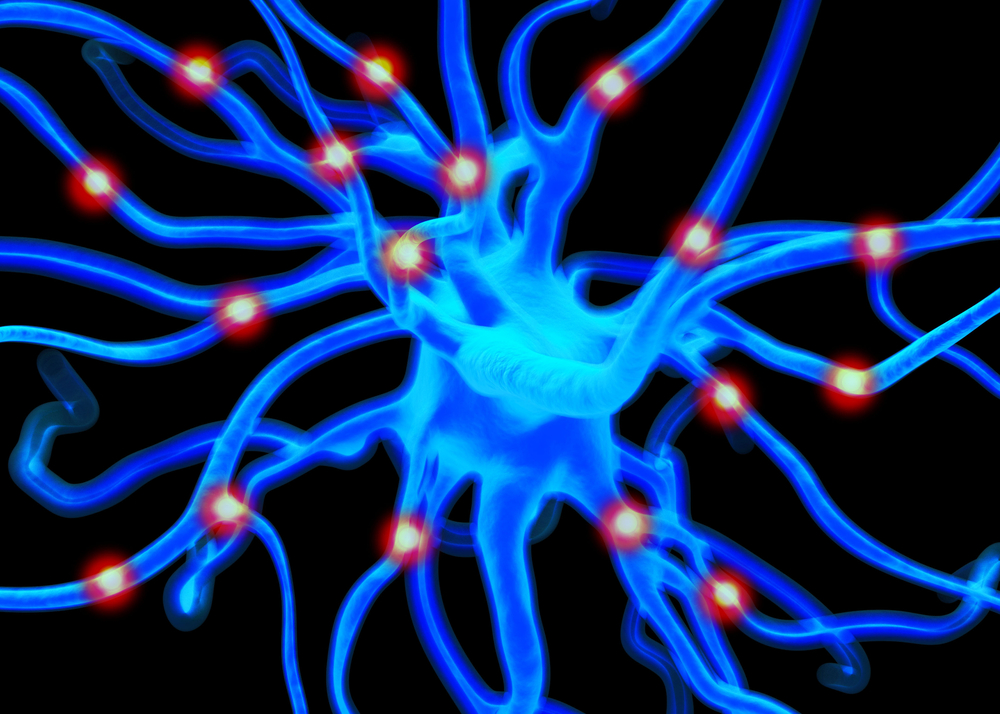
Neurobiology of Binge Eating Disorder Differs Significantly Between Boys and Girls
Eating disorders are a serious mental health concern that affects millions of people worldwide, including both males and females. It is complex and can be difficult to understand. While many eating disorders have similar characteristics, there are some important distinctions between them. One example is binge eating disorder, which manifests differently in boys than it does in girls.
Research conducted by the Medanta team has discovered that the neurobiology behind binge eating disorders differs significantly between the two genders. The differences lie in how their brains process food-related cues, which are key to understanding how to properly treat those who suffer from binge eating disorders.
Neurobiology of Binge Eating Disorder in Boys
When it comes to boys, the research suggests that they tend to focus on short-term rewards when confronted with food-related cues. This means that they are more likely to engage in impulsive behaviors such as overeating and bingeing as a way of seeking immediate gratification.
Neurobiology of Binge Eating Disorder in Girls
In contrast, girls tend to have a different reaction when presented with food-related cues. Instead of focusing on short-term rewards, they tend to look at the long-term consequences of their actions. This means that they are more likely to employ restraint when it comes to food and related activities.
Neurobiological Differences in Boys vs Girls with BED
Binge eating disorder (BED) is a serious mental health condition that affects people of all genders. It involves recurrent episodes of overeating, often to the point of physical discomfort or distress. This can lead to feelings of guilt and shame and is associated with several physical and psychological comorbidities, such as obesity, depression, and anxiety.
Clinical Implications
These findings have important implications for clinical practice. Knowing about these gender differences can help clinicians tailor their treatment plans for individuals with binge eating disorders. For example, males may need to be encouraged to focus on the long-term effects of their behaviors while females may need to be encouraged to focus on the immediate gratification associated with over-indulging.
At Medanta, we understand that each person’s journey toward recovery is unique, and it is important to recognize the potential gender differences to provide the best care possible. Eating disorders are a growing problem today, affecting individuals of all ages and backgrounds. Eating disorders can have a damaging impact on physical, mental, and emotional health.
Overeating Disorder
Overeating disorder, also known as compulsive overeating or binge eating, is a serious mental health condition that can lead to severe physical and mental health problems. It is characterized by an intense craving for food that leads to excessive consumption of food beyond the body's caloric needs. People with this disorder may feel ashamed and embarrassed about their condition, so they often try to hide it from others.
Types of Eating Disorders
Eating disorders are a broad category of mental health disorders that involve a preoccupation with food, body image, and weight. The two most common types of eating disorders are Anorexia Nervosa and Bulimia Nervosa.
Psychological Causes
The underlying causes of overeating disorder are often psychological and emotional. People who struggle with the condition may have a history of dieting, which could lead to an obsession with food and eating. Other psychological issues such as anxiety, depression, or low self-esteem can also contribute to overeating disorders.
Emotional Causes
Additionally, some people turn to food as a way of coping with emotional stressors such as loneliness or sadness. Emotional triggers like these can cause someone to overeat to cope with life’s pressures or fill an emotional void. It’s important to address any underlying issues that may be contributing to this behavior to effectively manage it.
Physical Causes
Physical health risks associated with overeating disorders include obesity and related illnesses such as diabetes and heart disease. In addition, compulsive overeating can lead to feelings of guilt and shame that further complicate mental health issues.
Overcoming Overeating Disorder
Fortunately, there are ways for individuals struggling with compulsive overeating disorder to overcome it and live a healthier life overall. Developing healthy lifestyle habits such as regular exercise, eating nutritious meals, and getting enough rest can help people manage their binge eating behaviors more effectively. Mindfulness practices like meditation or yoga can also be beneficial for learning how to better recognize one’s emotions and regulate them without using food as a coping mechanism.
Conclusion
We believe that everyone deserves access to the support and treatment they need, no matter their gender. If you or someone you know is struggling with a binge eating disorder, please know that help is available. At Medanta, our team of experts can help you or your loved one to understand the underlying neurobiology and design a personalized treatment plan that considers gender-specific needs. Mindfulness practices like meditation or yoga can also be beneficial for learning how to better recognize one’s emotions and regulate them without using food as a coping mechanism.






